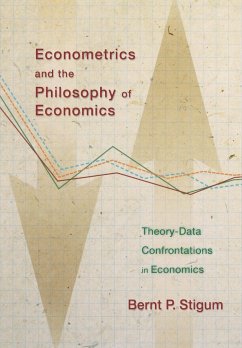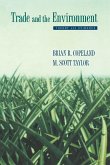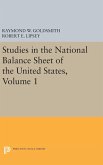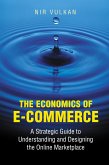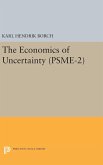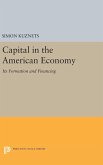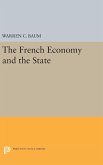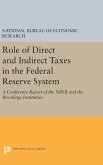As most econometricians will readily agree, the data used in applied econometrics seldom provide accurate measurements for the pertinent theory's variables. Here, Bernt Stigum offers the first systematic and theoretically sound way of accounting for such inaccuracies. He and a distinguished group of contributors bridge econometrics and the philosophy of economics--two topics that seem worlds apart. They ask: How is a science of economics possible? The answer is elusive. Economic theory seems to be about abstract ideas or, it might be said, about toys in a toy community. How can a researcher with such tools learn anything about the social reality in which he or she lives? This book shows that an econometrician with the proper understanding of economic theory and the right kind of questions can gain knowledge about characteristic features of the social world. It addresses varied topics in both classical and Bayesian econometrics, offering ample evidence that its answer to the fundamental question is sound. The first book to comprehensively explore economic theory and econometrics simultaneously, Econometrics and the Philosophy of Economics represents an authoritative account of contemporary economic methodology. About a third of the chapters are authored or coauthored by Heather Anderson, Erik Biørn, Christophe Bontemps, Jeffrey A. Dubin, Harald E. Goldstein, Clive W.J. Granger, David F. Hendry, Herman Ruge-Jervell, Dale W. Jorgenson, Hans-Martin Krolzig, Nils Lid Hjort, Daniel L. McFadden, Grayham E. Mizon, Tore Schweder, Geir Storvik, and Herman K. van Dijk.
Hinweis: Dieser Artikel kann nur an eine deutsche Lieferadresse ausgeliefert werden.
Hinweis: Dieser Artikel kann nur an eine deutsche Lieferadresse ausgeliefert werden.

